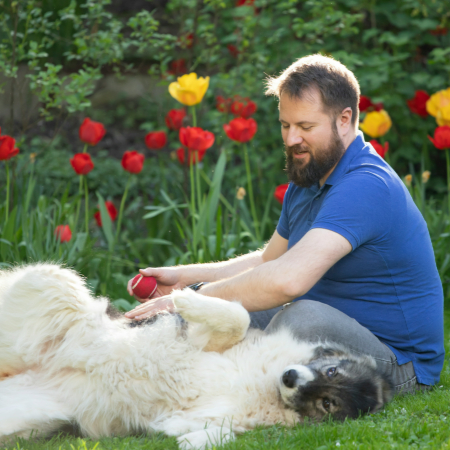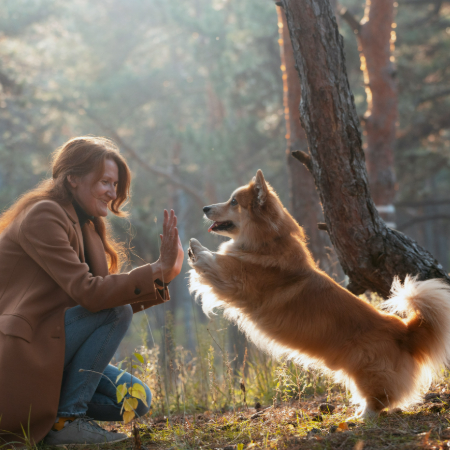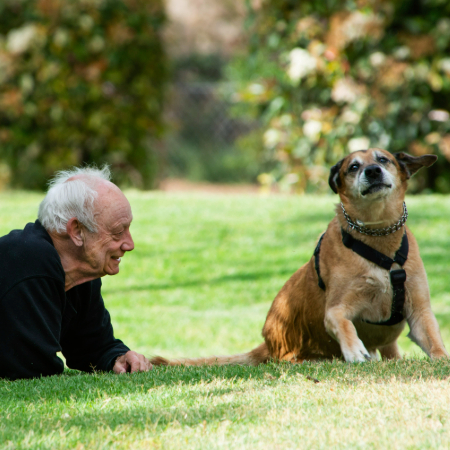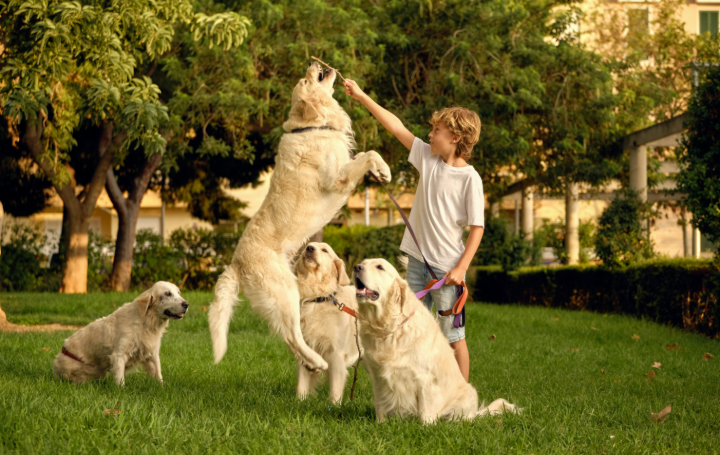The Fascinating World of Dog Behaviorists: When to Seek Help
Dogs are more than just pets; they are family. They fill our lives with joy, unconditional love, and sometimes—let’s be honest—a little bit of chaos. If you’ve ever found yourself wondering why your dog suddenly refuses to go outside, barks endlessly at the neighbor’s cat, or shreds your couch while you’re away, you’re not alone. That’s where a dog behaviorist comes in.
Dog behaviorists are like therapists for dogs (and sometimes their humans too!). They help us understand why our furry friends act the way they do and provide solutions to improve their behavior. But when do you actually need one? Let’s dive into the world of dog behaviorists, their role, and the signs that it’s time to seek their expertise.
What is a Dog Behaviorist?
A dog behaviorist is a professional who specializes in understanding and modifying dog behavior. Unlike a dog trainer, who teaches obedience and commands like “sit” and “stay,” a behaviorist looks deeper. They focus on why a dog behaves a certain way, addressing issues rooted in fear, anxiety, aggression, or past trauma.

There are two types of professionals who help with behavior issues:
- Certified Applied Animal Behaviorists (CAABs) – These are experts with advanced degrees in animal behavior science.
- Veterinary Behaviorists – These are licensed vets with additional training in animal behavior, often able to prescribe medication if needed.
Signs That You May Need a Dog Behaviorist
Not every misstep from your dog requires professional intervention. Sometimes, a little patience and training can do wonders. However, there are certain behaviors that signal it’s time to seek help.
1. Excessive Barking or Howling
If your dog barks non-stop at the wind, the mailman, or even at nothing at all, it might be more than just a nuisance. Dogs bark for many reasons—anxiety, boredom, territorial instincts, or frustration. A behaviorist can determine the root cause and help curb excessive noise.
2. Aggression Toward People or Other Animals
Aggression is one of the top reasons people seek behaviorists. If your dog growls, lunges, or snaps at people or other dogs, it’s not just embarrassing—it’s potentially dangerous. A professional can assess whether the aggression stems from fear, pain, territorial instincts, or something else and provide a plan to manage it safely.
3. Destructive Behavior
Have you come home to chewed-up shoes, destroyed furniture, or a house that looks like a tornado hit? While puppies naturally explore with their mouths, destructive chewing in adult dogs can indicate boredom, anxiety, or stress. A behaviorist can suggest changes in environment, enrichment activities, or training techniques to address the issue.

4. Separation Anxiety
Does your dog panic every time you leave the house? If they whine, bark, pace, or destroy things when alone, they may have separation anxiety. This is a serious condition that requires professional guidance to help your dog feel secure when left alone.
5. Fear and Phobias
Some dogs are afraid of thunderstorms, fireworks, or even specific objects like vacuum cleaners. If your dog hides, trembles, or refuses to go outside during certain events, they might need desensitization training. A behaviorist can help make their world feel less scary.
6. Resource Guarding
If your dog growls or snaps when someone approaches their food, toys, or even their favorite spot on the couch, they are showing signs of resource guarding. This behavior can escalate quickly if not managed properly, making it important to seek expert help.
7. Unusual or Repetitive Behaviors
Does your dog chase their tail obsessively? Lick their paws non-stop? Stare at walls for long periods? Repetitive behaviors can be signs of anxiety, boredom, or even medical issues. A behaviorist can assess whether it’s behavioral or something that needs veterinary attention.
What Does a Dog Behaviorist Do?
Once you decide to consult a behaviorist, what can you expect? Here’s a step-by-step look at how they work:
- Assessment: They will observe your dog’s behavior in different environments and ask questions about their history, routine, and any past experiences that may have contributed to the issue.
- Diagnosis: They identify the root cause of the behavior. Is it fear-based? A learned habit? A result of past trauma?
- Behavior Modification Plan: They create a customized training plan using positive reinforcement techniques to help change the behavior.
- Guidance for Owners: You’ll receive training as well! Many dog behaviors stem from how we interact with them, so behaviorists teach owners the best ways to respond to their dog’s actions.
- Follow-ups: Behavior change takes time, so regular follow-ups help track progress and make adjustments as needed.
How to Choose the Right Dog Behaviorist
Not all behaviorists are created equal! Here are some tips to ensure you find the right one for your furry friend:

- Check Credentials: Look for professionals certified by organizations like the International Association of Animal Behavior Consultants (IAABC) or the Animal Behavior Society (ABS).
- Ask About Their Methods: Avoid anyone who uses harsh punishment. Positive reinforcement is the most effective and humane approach.
- Read Reviews and Get Referrals: Ask fellow dog owners, your vet, or local trainers for recommendations.
- Schedule a Consultation: A good behaviorist will take the time to understand your dog’s needs before jumping into a plan.
Final Thoughts
If your dog’s behavior is causing stress for you or them, don’t lose hope. A dog behaviorist can provide the tools and guidance needed to turn things around. Whether it’s excessive barking, aggression, or separation anxiety, these experts help bridge the communication gap between you and your pup, leading to a happier and more peaceful home.
After all, dogs don’t act out to be bad—they just need help understanding the world. And sometimes, we need a little help understanding them too!
So, if you’re at your wit’s end with your dog’s behavior, don’t wait. Seeking help from a dog behaviorist might just be the best decision for both you and your four-legged best friend!
Doglime for more dog-related information.
Tags










